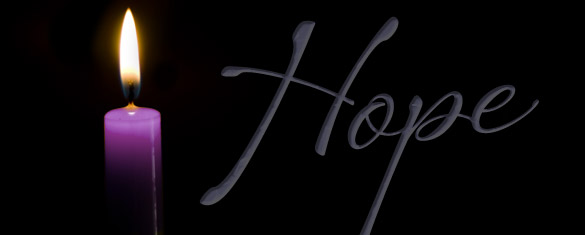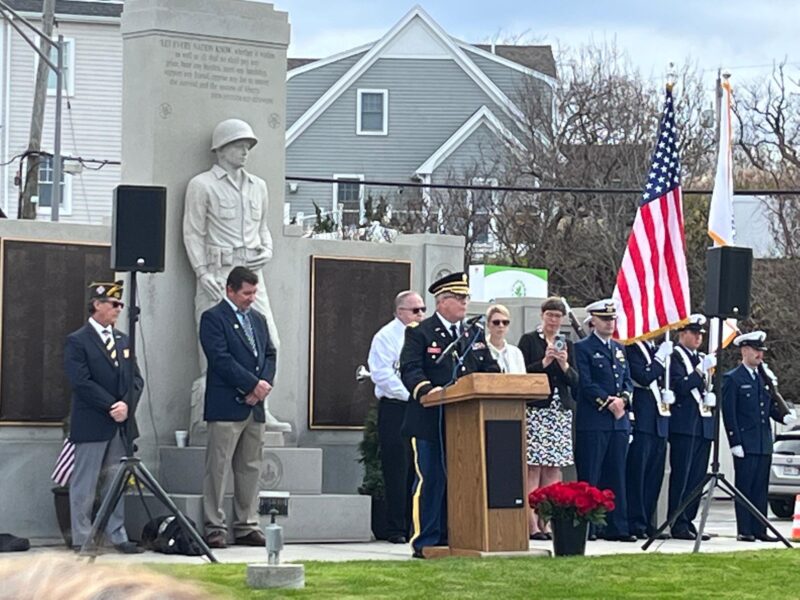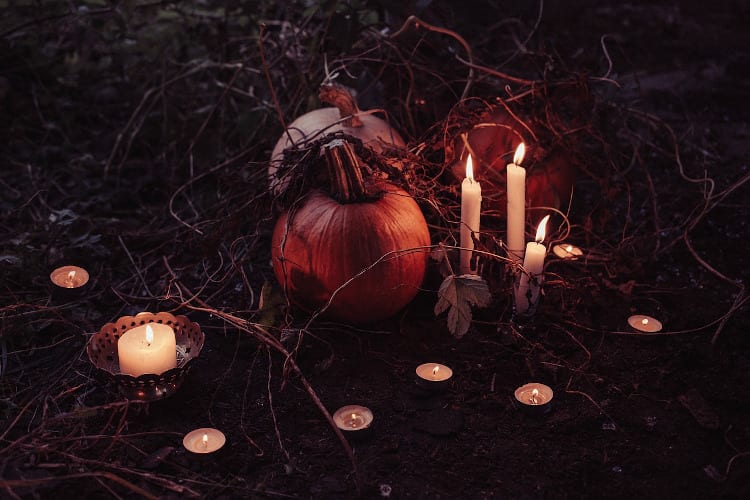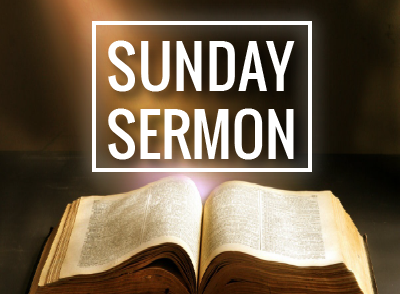Isaiah 2:1-5, Psalm 122, Matthew 24:36-44
My wife and I have decided to host a party. We have been thinking about this for quite some time, and we feel the time is right. We have been thinking about the food that we will serve and how the table will be set. We have given much thought to the decorations and how the casual seating will be laid out so the flow is just right. The seating chart has caused a bit of a problem, but I think we have all the kinks worn out. You, of course, are all invited, so get ready.
It will be a formal affair, with white tie for the gentleman and an evening dress for the ladies. We have contracted with a company to provide valet service, so all you need to do is pull up, and someone will take care of your car. Wait staff will be on hand and moving through the crowd to provide drinks and nibbly bits before the main course.
The plans are finished. Again, you are all invited. The only problem is I am still determining when the party will occur, but you have to be ready. I will send word to you when the time is right. I will give you 15 minutes’ notice, so you must be prepared. All you need to do now is wait.
Welcome to Advent, the season of waiting.
Advent is Christmas’ poor cousin, the one that is often forgotten about until the last minute when we say we forgot to invite someone, but I wonder who that is. Let’s face it; there are no Hallmark Advent stories about lost candles or something like that. There is no Grinch who stole Advent or snappy songs like Rudolph the Purple Advent Candle. So instead, we move right from Thanksgiving to Christmas without even a simple nod of the head to Advent.
I used to be rather militant about Advent and not rushing to get to Christmas. Remember, the Christmas season begins the evening of the 24th of December and lasts until the evening of January 6th. But then I started to soften a bit and decided that if playing Christmas music and setting up decorations makes you happy and brings you joy, go for it. So all I ask is that you take some time for Advent.
Advent is more than the beginning of the Church year. Advent is John the Baptist preparing the way. Advent is also the affirmation of living the in-between of the already and the not yet. Christ has come in the child Jesus, and the church again cries out for Jesus to come quickly again. Do not forget the Advent proclamation of the light of Christ shining still amid the world’s darkness. Advent is a time to lean into God’s future unafraid boldly. If we skip it all, we miss it all.
I mentioned that party and that you all must wait for the time and place. We are not great at waiting. We want it all right now. Instant news. Instant communication. Instant food. But Advent calls us to slow down at a time when society is calling us to speed up. Only x number of days until Christmas. Only x number of shopping days left. The time of year that should be filled with hopeful expectations has become a season filled with anxiety.
Advent sets out four themes for us: hope, peace, love, and joy. Each of those weeks is symbolically remembered with the lighting of a candle each week and the final candle, which we do not have on our wreath yet, the candle that represents Christ.
We spend these days and weeks leading up to the birth of Christ telling the story, and each week we bring a little more light into the world. Advent is about moving from darkness into light. With each bit of the story being told, we allow that light to shine, and finally, the light, Jesus comes, and we see that light has overcome the darkness not just for a moment but for all eternity.
Hope comes first because without the anchor of hope; we have nothing. We are a ship at sea with no ability to navigate to steer in the right direction. Hope is the base, the bedrock on which we build the rest of the structure. If hope is off, all the rest will be off.
We heard and will continue to hear from Isaiah about the coming of the Messiah. In the world of prophets, Isaiah is the biggest, so we need to sit up and pay attention to what he has to say. In verse 4, he speaks of this Messiah:
“He shall judge between the nations and shall arbitrate for many peoples; they shall beat their swords into plowshares, and their spears into pruning hooks; nation shall not lift up sword against nation, neither shall they learn war anymore.”
These are some of the most famous words and images from Isaiah. These images have found their way not only into the hymns of the Church but into folksongs that many of us grew up with. In addition, these images stir up the hopes and longings of people exhausted by war and violence.
But this text goes beyond all of that. The text’s primary meaning as revealing God’s determined gracious intent for all nations means that it is not a text of future prediction. We often think of these Old Testament prophecies as windows into the future. But it is much deeper and much richer than that.
This test is a breathtaking restatement of God’s ongoing promise to Abraham and Sara, Isaac and Rebecca, and Jacob and Rachel. God promises to bless the people to be a blessing to the nations. Bod will bless the Church to be a blessing to all people, and God will be faithful to the Church for the sake of God’s mission.
I know this might not be easy to hear. We look around at declining numbers and cannot imagine that God is still blessing the Church, but the promise of God is that God is not done with us yet. We have much to do, and God will be with us every step of the way. It may seem dark, but the light has and will overcome the darkness. God will never abandon us.
Advent hope is fully aware of what was, what is, and what is to come.
The promise of the text we heard from Isaiah this morning expands our understanding of hope. Two prominent Protestant theologians of the last century identified the profound paradox of Advent hope. Peter Gomes, the late minister, and professor at Harvard University, once preached an Advent sermon entitled “Humbug and Hope” that questioned shallow understandings of Advent hope. Superficial jollity in a world of suffering and pain is not Advent hope.
Joseph Sittler, Lutheran minister and professor at Maywood Seminary, said that honesty compels us to admit that the track record of humanity is very grim, and there is no excuse for chippy hopefulness. He also admitted that he regularly plants trees. Yet, against all evidence, he said, Christians hope.
So let us plant trees, plan parties, and work to make the world a better place.
I hope we will take some time this Advent season to slow down and ponder what God has done, what God is about to do, and our part in all of it.
Amen









